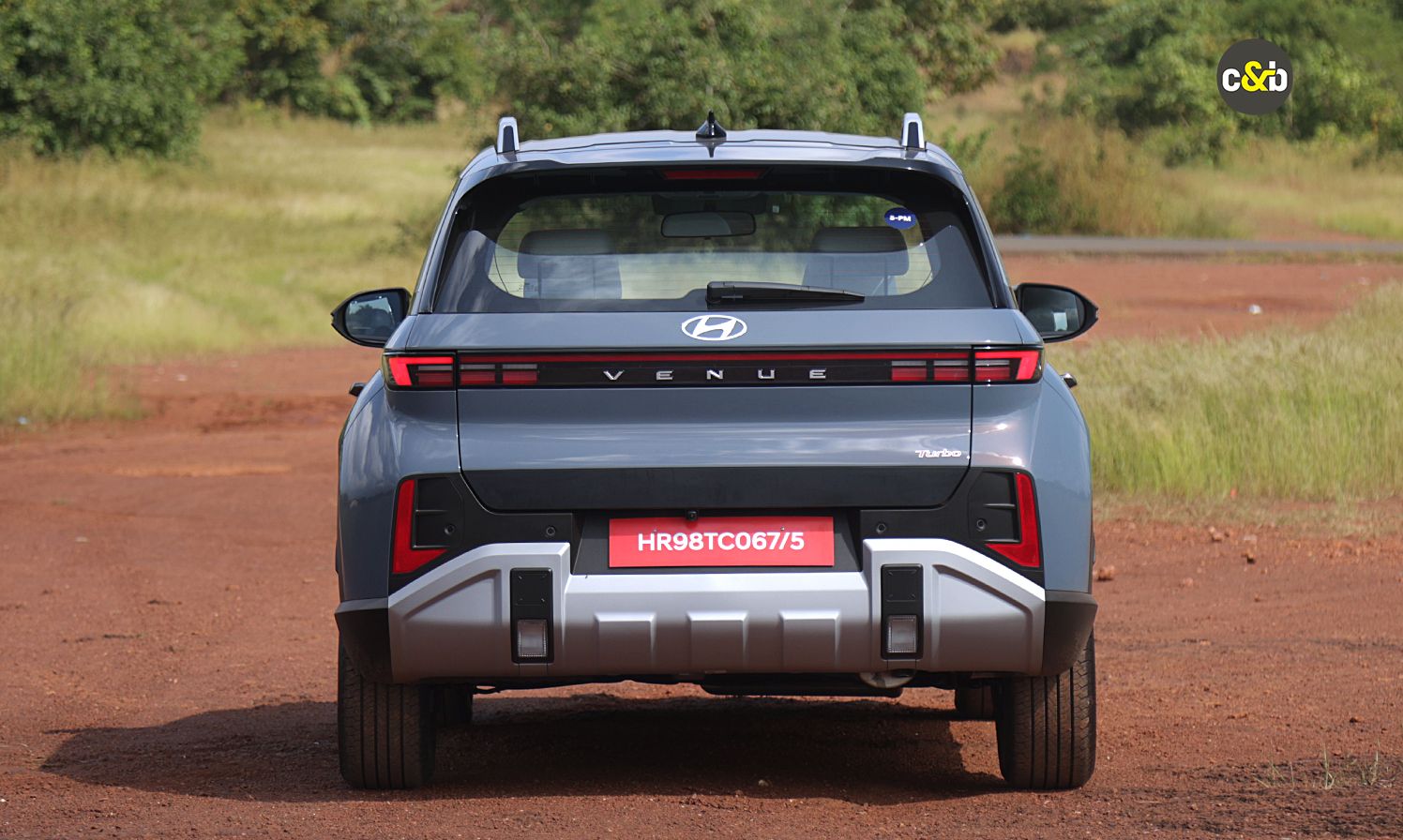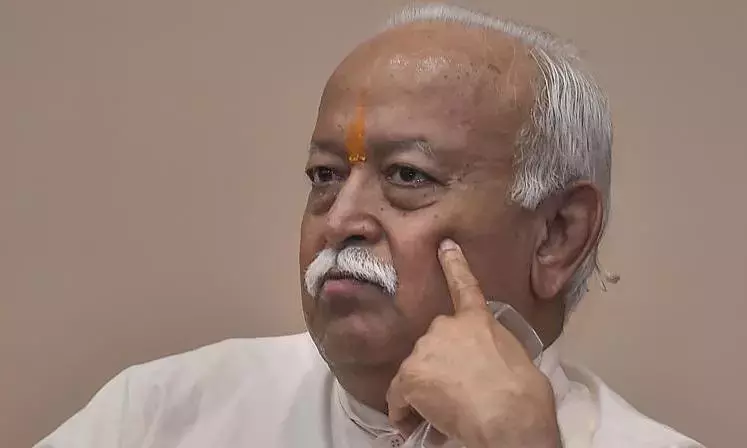
The journey of Hari Hara Veera Mallu has gone far beyond the regular commercial expectations of a star-led film — it has now become a test of sheer endurance and belief, especially for veteran producer A.M. Rathnam.
While fans naturally see this as a big release for Pawan Kalyan, those tracking the behind-the-scenes story know the stakes are even higher for Rathnam, who has stood by this project through delays, spiraling costs, and shifting timelines.
Also Read – Cannara Prequel, KGF 3, Salar 2: PR Buzz or Real?
The film was envisioned as a grand historical adventure — a genre rarely explored in mainstream Telugu cinema at this scale with a top-tier hero. But what was supposed to be a prestigious dream project soon found itself stuck in production hell.
From COVID-related halts to injury setbacks, changes in direction, scheduling issues, and long spells of silence, Hari Hara Veera Mallu became a classic example of how tough it is to mount a period epic in today’s risk-averse film ecosystem.
Also Read – December Too Late for NBK’s Akhanda 2 to Roar?
Through all of it, AM Rathnam neither shelved the film nor sold it off under pressure — a rare act of conviction.
What makes this case even more unique is Rathnam’s current strategy. Rather than cashing out by selling theatrical rights across the board, he is reportedly opting for an advance-based model in the Telugu states — essentially betting on the film himself.
Also Read – Sukumar: Time Wasting Or Needed Break?
That’s not just confidence; that’s desperation backed by hope. It’s clear that the film’s box office fate will deeply impact his future as a producer, especially after investing nearly half a decade into it.
For fans and trade watchers, the release date of July 24 is now a psychological milestone. After so many false starts, many still won’t believe it’s truly coming until the benefit shows roll.
But if the film does click — even moderately — it will be a huge moral win for producers with a vision, especially those willing to take big cinematic swings rather than playing safe.
In many ways, Hari Hara Veera Mallu is more than a movie now — it’s a case study in patience, ambition, and high-risk filmmaking.
Whether or not it delivers on screen, AM Rathnam has already proven something off screen: that in an industry increasingly driven by quick returns and safer formats, there are still a few who believe in putting everything on the line for cinema.






